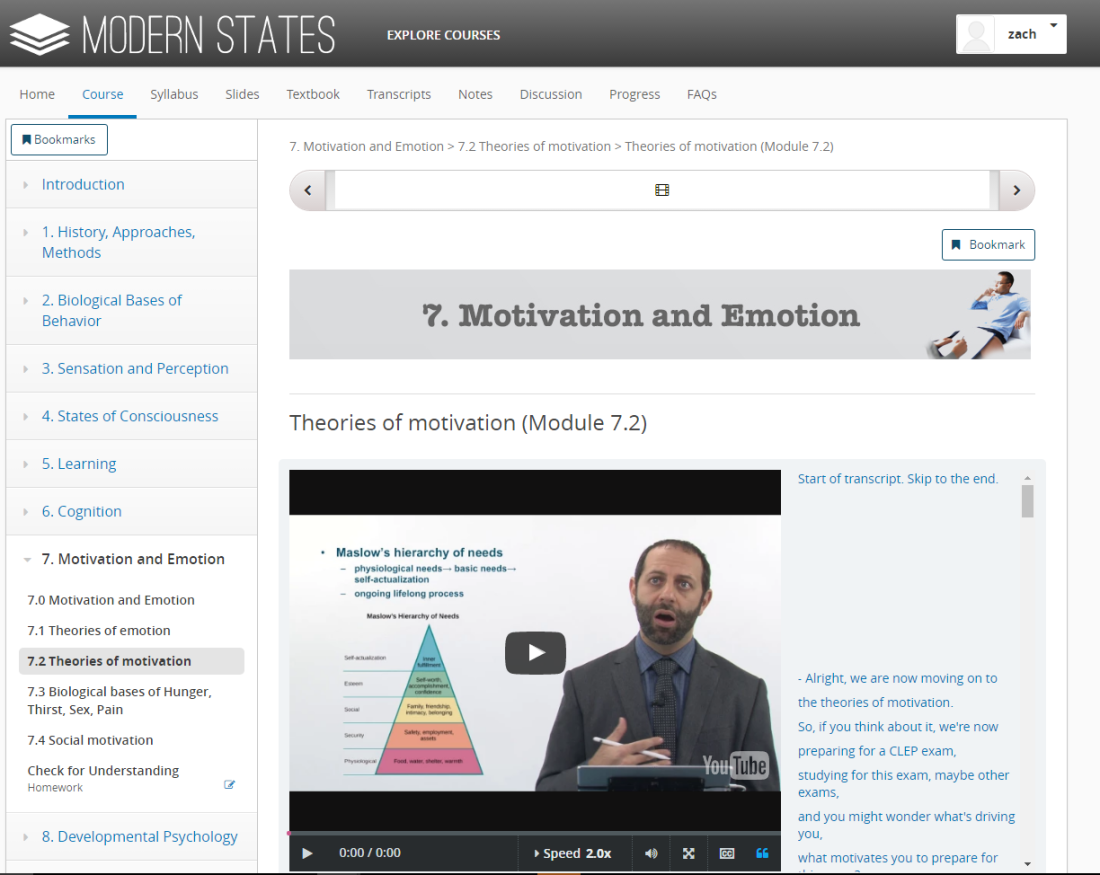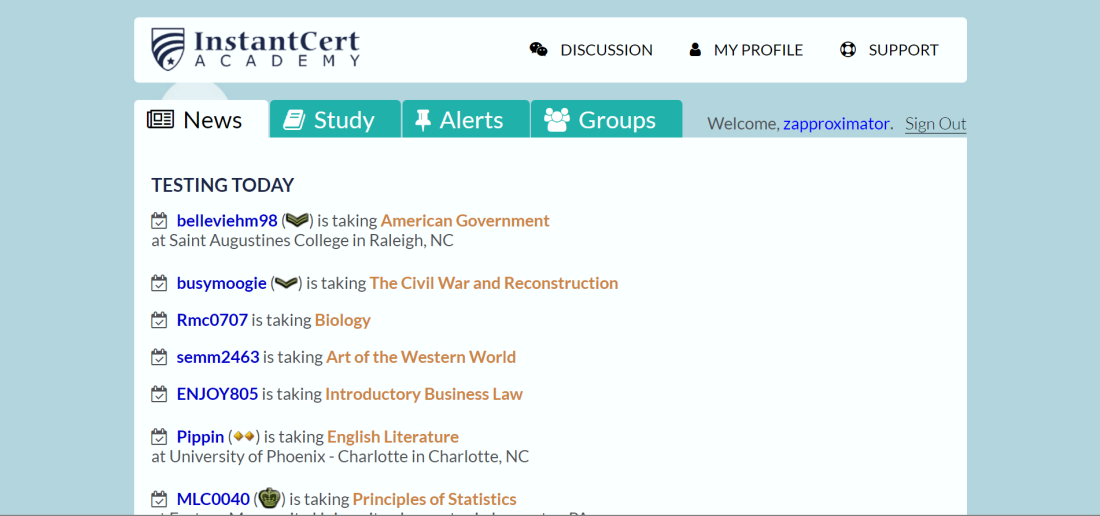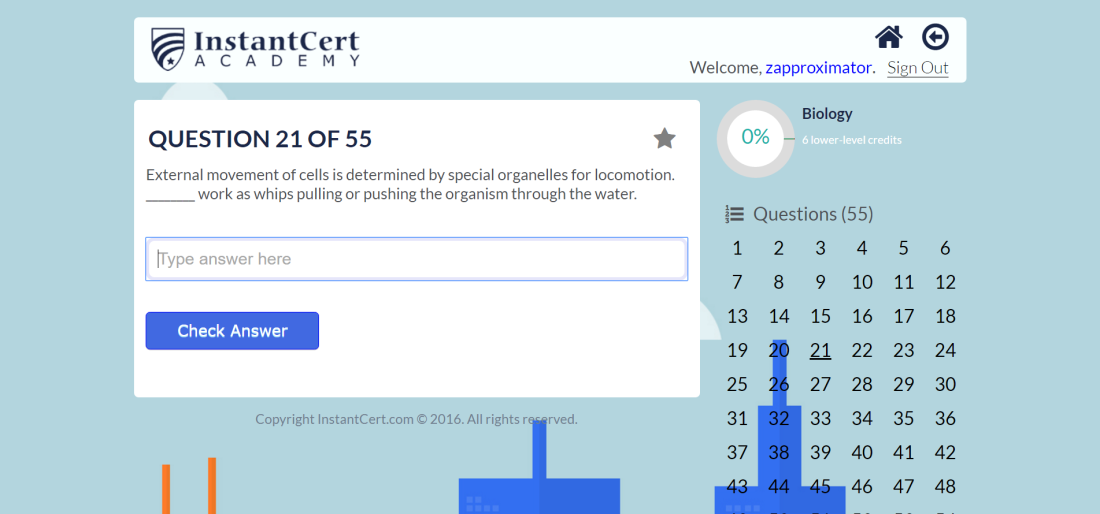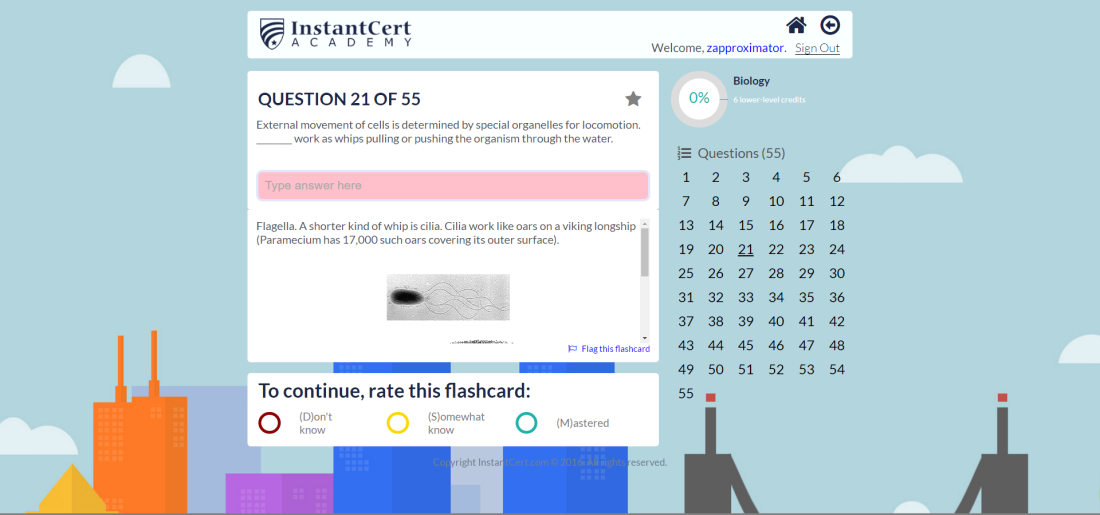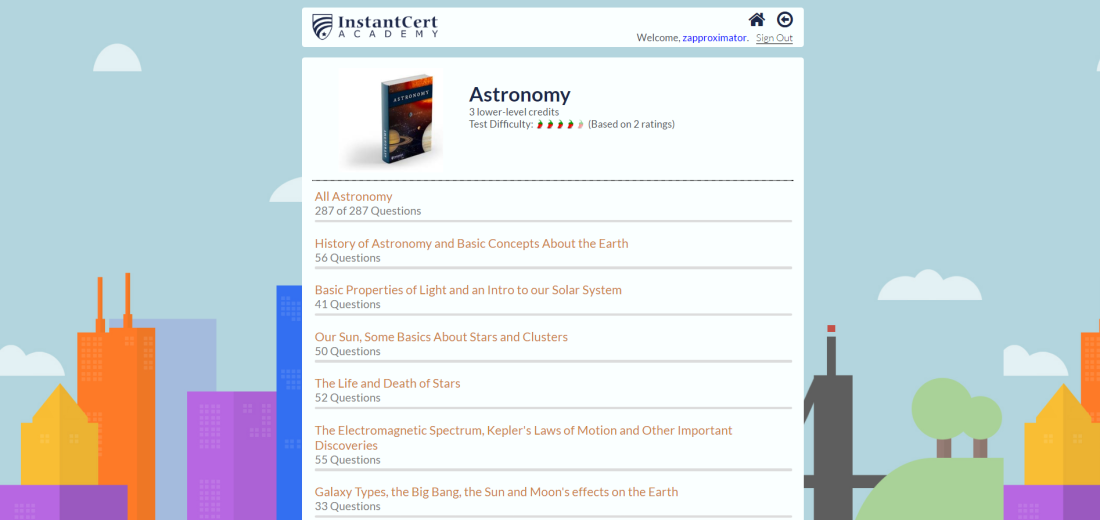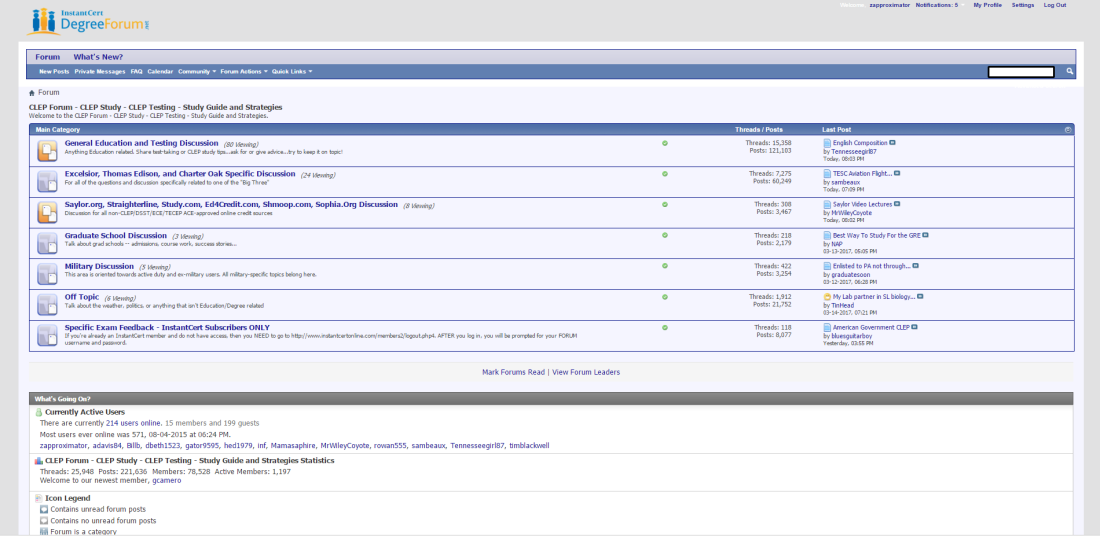This post is the third in the series: How to pass (and hopefully ace) your CLEP. The first post was on selecting study resources and the second was on designing a study plan. Other posts coming soon in this series: how to study a textbook, how to schedule a CLEP exam, and test taking tips.
In this post I’m going to give you the best I know on note-taking and learning/memorizing concepts and terms. Let’s start out with…
How to take notes
Question-Evidence-Conclusion note-taking
These are the notes you take when you’re reading a textbook or listening to a lecture. They also form the foundation for the quiz-and-recall method to test yourself, laid out below. Here’s how this works:
Write the major question you’re trying to answer. For example, in my psychology textbook:
QUESTION: How do independent and dependent variables differ?
Next, write down the major points. For example:
Independent variable: the variable that is purposely manipulated to see if it changes the dependent variable
Dependent variable: the result of the changes in the independent variable
CONCLUSION: In an experiment, an independent variable is a manipulated variable to determine its effect on the dependent variable.
The Feynman technique
If you’re trying to understand something, I suggest the Feynman Technique, popularized by Scott Young. This is supposed to help you understand any concept in 20 minutes or less. This is really helpful for final exam prep or trying to understand something confusing. It’s a four step process:
- Choose your concept and write it down on the top of a sheet of paper
- Pretend you’re teaching the concept(s) to a five-year-old
- Whenever you get stuck, go back to your materials
- Simplify confusing explanations and create analogies to help you understand
Here’s a quick example of how the Feynman technique could be applied to studying for CLEP Intro Psychology.
Independent and Dependent Variables
In an experiment, there are two main types of variables: independent and dependent.
An independent variable is something that you can change.
A dependent variable is the result of the independent variable.
For example, if someone was selling a product called PlantGrow that was supposed to grow your plant way faster than rain and sunlight, the amount of PlantGrow you spray on the plant would be the independent variable. The dependent variable would be how much the plant actually ends up growing.
And that’s it!
How to learn stuff more efficiently
How should you learn concepts and terms? This is a super important part of studying for any exam, especially for non mathish exams, like psychology, history, or biology. There are a lot of ways to memorize and also a lot of bad ways to memorize.
Let’s start by talking about the quiz-and-recall method, laid out in Cal Newport’s book, How to Become a Straight-A Student (which I definitely recommend you check out).
Here’s Cal’s description of the quiz-and-recall method:
The most effective way to imprint a concept is to first review it and then try to explain it, unaided, in your own words. If you can close your eyes and articulate an argument from scratch, or stare at a blank sheet of paper and reproduce a solution without a mistake, then you have fully imprinted that concept. It’s not going anywhere.
And here’s how to apply it to a non-technical course:
To apply to quiz-and-recall method to nontechnical course material, you first need to construct a practice quiz for each chapter in your study guide. Fortunately, the questions for these quizzes already exist, since you’ve followed to advice of…[the question/evidence/conclusion note-taking method]… Therefore, the quiz for any given chapter can simply contain all of the questions from the notes you took for that chapter…If you can answer all the questions, then you understand all the big ideas. Once you’ve built your practice quizzes, go through them one by one…Don’t do this [answering the quiz questions]… in your head…Next, put little check marks on your quizzes next to any questions that you had trouble answering. Glance through your study guide to remind yourself of the right answers to these questions. Take a quick break. Now, repeat the first step, except this time, you need to only answer the questions that you marked during your first run-through. Put a new check mark next to the questions that you still have trouble with.
And finally, for plain old terms that aren’t as detailed, grab a flashcard deck, download Anki, or go to quizlet.com and just review, review, review.
PUTTING IT ALL TOGETHER: HOW SHOULD YOU ACTUALLY STUDY?
I’d suggest that you use the question-evidence-conclusion method as you read your textbook, use the quiz-and-recall method to test your understanding (as well as a flashcard system for terms) and get some practice and the Feynman technique to help you understand hard concepts or do some final studying on what your weak at before the exam.
Now get studying!
p.s. If you have any questions, please comment and I will answer I soon as I can (unless the question somehow is distorted into spam!).
 (I got a 75 out of the 20-80 scale).
(I got a 75 out of the 20-80 scale).
